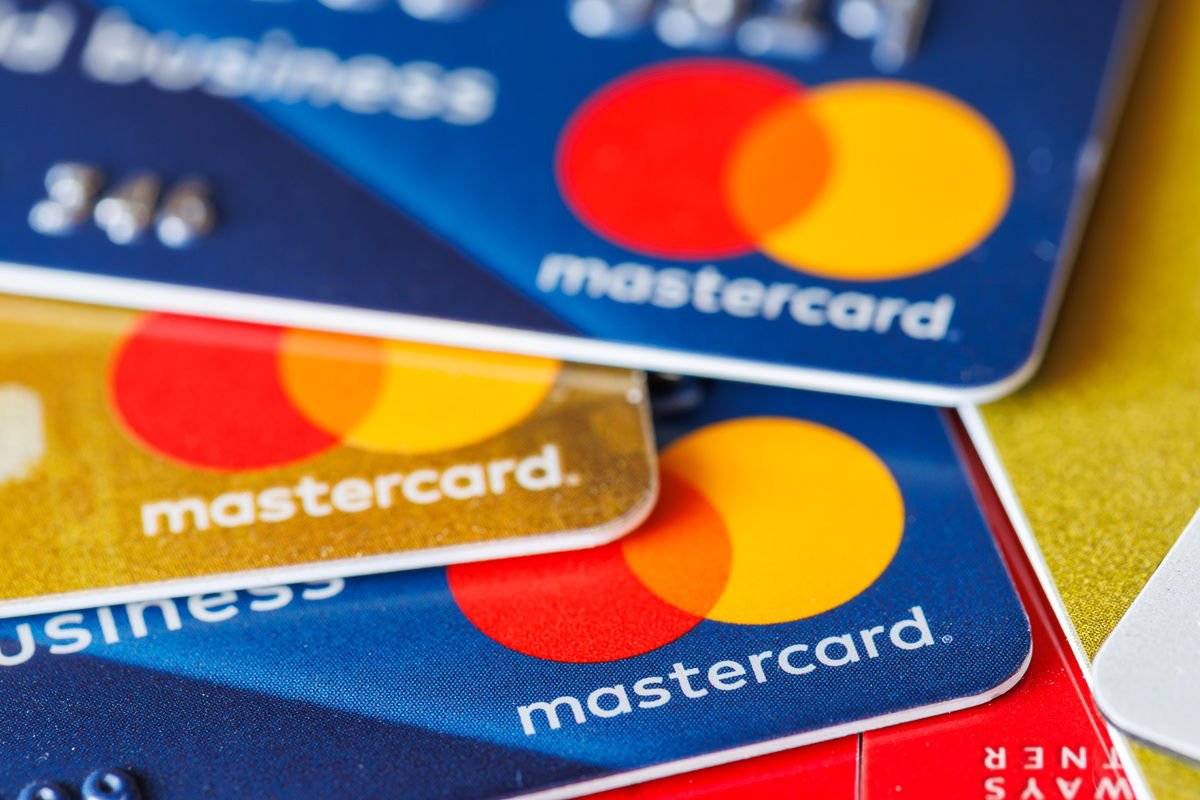A collection of Mastercard payment cards, symbolising the global outage that left users unable to complete transactions on 9 March.
Credit : Shutterstock, Markus Mainka
Purchasing products or services with a credit card is a great strategy for spreading out spending and organising expenses over a set period or number of months, sometimes interest-free. However, when used improperly, it can lead to many problems.
As the experts at BBVA Spain’s financial blog explain, “one of the contract holder’s obligations is to acquire a commitment with the issuing bank, since it advances the money with which we finance all purchases.”
Specifically, when a credit card is used, “the bank establishes a line of credit that must be repaid according to the payment method chosen by the cardholder, within a specified timeframe, and possibly with additional interest,” the blog noted. It’s also very important to know the reasons why a bank can cancel a credit card. We’ll discuss them down below.
One of the primary reasons a bank may close an account is the presence of an outstanding debt. In this sense, the first consequence of nonpayment on a credit card is the calculation of “late-payment interest,” BBVA explained.
Act quickly and avoid further debt
Given this situation, “the most important thing is to act as quickly as possible to avoid increasing the debt,” the bank emphasised. Failing to pay credit card debts on time only increases the final amount you’ll have to pay off your loan.
Therefore, to avoid all types of unnecessary fees and expenses that increase your debt, it is essential to check the billing date. If the credit card holder fails to make a timely payment, the bank may initiate a series of actions to resolve the issue.
As BBVA warned, the consequences of not paying credit card debts are:
- Blocking your credit card: When a card is listed as unpaid, the first thing your bank does is block it.
- New interest and fees: Non-payment of a debt generates additional interest, thereby increasing the total amount the cardholder must pay.
- Delinquency: if the situation is not reversed, the holder becomes part of the list of defaulters.
- Legal action: “The bank may resort to legal action if the debt continues for a long time and after exhausting all out-of-court recovery procedures,” they warn.
There are other reasons why your credit card may be cancelled. As the specialised portal Helpmycash points out, “according to Law 7/1998, of April 13, on General Contracting Conditions, your bank can cancel the card on its own if it wants.”
In this regard, the Bank of Spain establishes a series of guidelines that must be followed to unilaterally cancel the card, “among which is that the decision must be based on objective reasons and that the bank must give reasonable notice,” they explain.
However, in cases where there is “a breach of contract, death or disabling illness, sudden change in solvency, falsification of identity or documents, lack of account balance to meet payments,” the bank has the right to cancel the credit card without prior notice to the customer.




